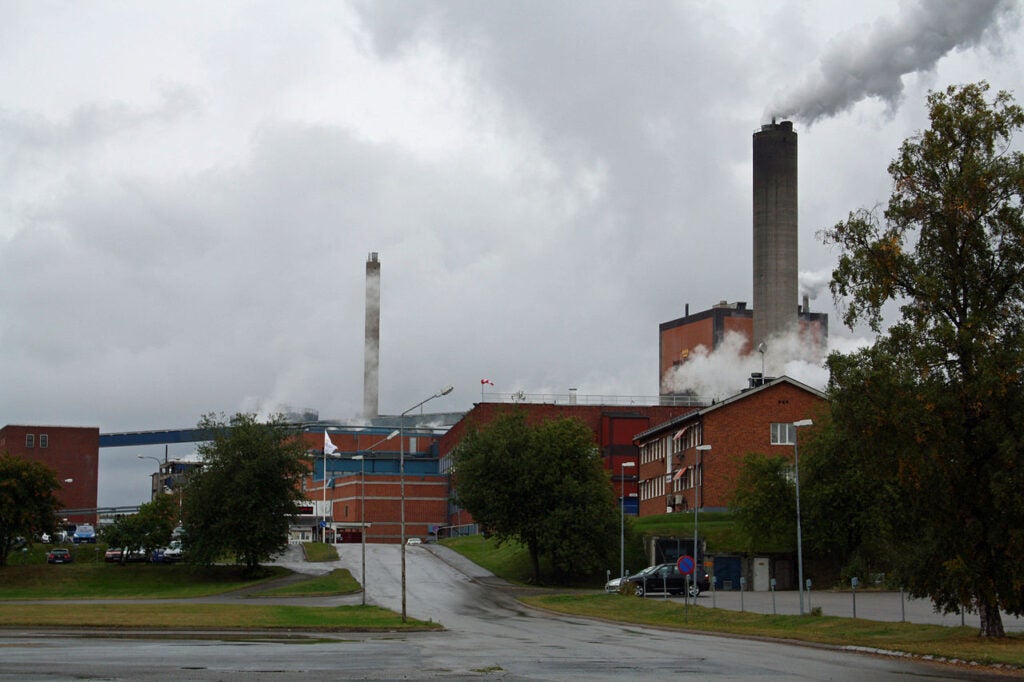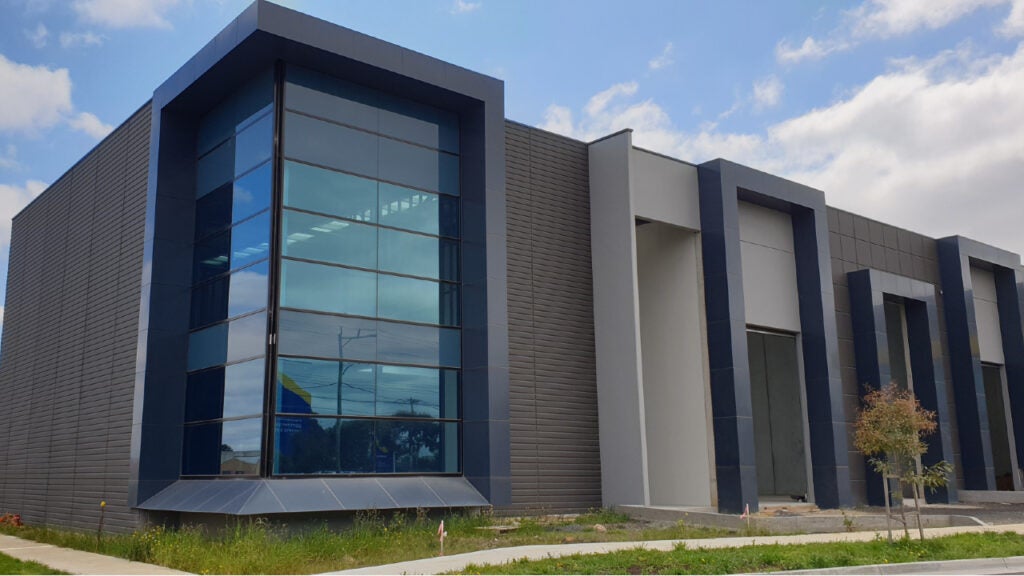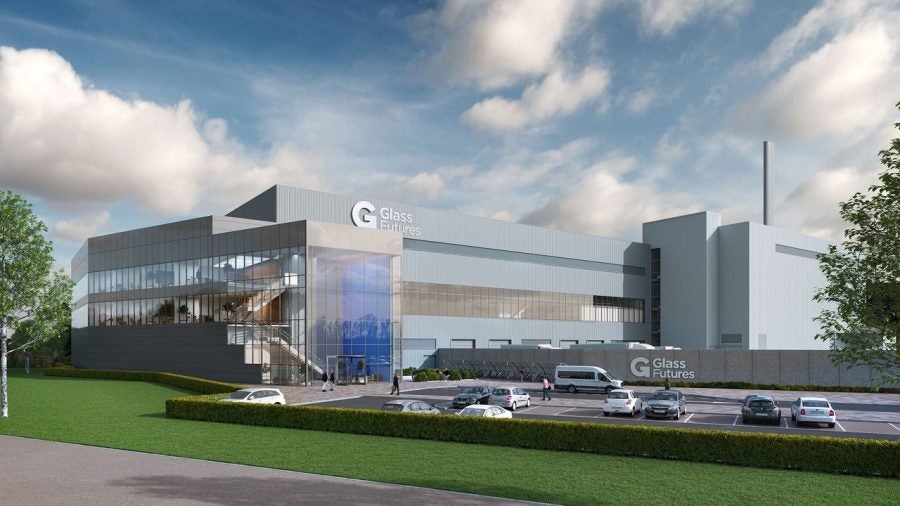Alcoa Aluminio, in a joint venture with Tetra Pak, Klabin and TSL Ambiental, launched its new recycling plant in Brazil in May 2005. It was the first plant in the world that could separate the paper, aluminium and plastic components used in packaging cartons.
The most common way to recycle used cartons is to pulp them. During this process, called hydraulic pulping, packages are pressed under force (friction and hydraulic pressure) in a container full of water. However,there was previously no good way to recycle the aluminium and the polyethylene, which was routinely incinerated.
The JV invested $3.5 million in the construction of the first recycling unit. The estimated total investment was around $10.5 million, and each partner was responsible for 25%.
The plant, located in Piracicaba near Sao Paulo, uses innovative plasma technology. It can be used to separate the components in recycled carton packaging. TSL Ambiental, which had a central part in developing thermal plasma technology, is responsible for operating this new facility. The paper, extracted during the first phase of the recycling process, is transformed into new cardboard by Klabin.
Alcoa Aluminio, Alcoa’s affiliated company in Brazil, supplies thin-gauge aluminium foil to Tetra Pak for aseptic packaging. Alcoa Aluminio uses the recycled aluminium that is recovered at the plant to make new foil for Tetra Pak.
PLASMA TECHNOLOGY TO RECYCLE CARTONS
The study of plasma for recycling began ten years ago. The former Plasma Group of the Institute of Technological Research of the University of Sao Paulo began to develop various recycling processes and technologies. They wanted to find a process that could be used to recover the valuable metals and materials from industrial residues.
The group developed the idea of using plasma technology to process carton packages. The successful recovery of paper, aluminium and plastic was the basis of partnership and the JV to create the recycling plant.
In recycling carton packaging, plasma technology uses electrical energy to produce a jet of plasma at 15,000°C. The heat ionises the plastic and aluminium mixture with the result that the plastic is transformed into paraffin and the aluminium is recovered in its pure form. This can then be recast as ingots and then rolled into new foil stock.
The new process uses a furnace fired by plasma and uses 97% of the electric power required to produce primary aluminium by smelting techniques. Compared to traditional techniques for recycling aluminium based on combustion from blasts of pure oxygen plasma is more economical. The innovation uses 400-500kWh, compared to 750kWh using conventional methods to produce 1 tonne of recycled aluminium.
IMPROVED CARTON RECYCLING TECHNOLOGY
This technology is a significant improvement on the current carton packaging recycling process. Previously, recycling technology could separate paper, but plastic and aluminium came out together. The plasma technology breaks the cartons down to their component parts. Each component returns separately to the production chain as raw material.
The new facility can process 8,000t/yr of plastic and aluminium, which is equivalent to recycling approximately 32,000t of aseptic packaging. A minimal level of pollutants is emitted. The process excludes oxygen so no carbon dioxide is produced. It does not involve combustion, and the energy efficiency rate is close to 90%.
A KLABIN, ALCOA, TETRA PAK AND TSL AMBIENTAL JV
Alcoa Aluminio, a world leader in aluminium production, Klabin, a manufacturer and exporter of paper, and Tetra Pak, which produces integrated packaging systems, have come together to support TSL Ambiental’s technological advancements in recycling.
TSL Engenharia Ambiental (the full name for TSL Ambiental) is an environmental engineering company that has technology for wastewater treatment and solid residue recycling. The company is also involved in complementary maintenance and development of leading edge technologies in environmental preservation. TSL was instrumental in developing thermal plasma technology implemented in the carton recycling plant and will be operating it as well.
BENEFITS OF PLASMA TECHNOLOGY FOR CARTON RECYCLING
Plasma technology can revolutionise packaging carton recycling around the world. A plasma-based recycling plant is beneficial for the entire value chain – from profits to environment. The plant has low pollutant emission rates, is energy efficient and returns the three components of cartons as raw material. In fact, the Alcoa plant’s recycled materials are utilised by the partner companies.
Alcoa will use the recycled aluminium to produce new foils. The paraffin wax will be sold to the national chemical industry. Klabin will use the paper – extracted during the first phase of the recycling process – to manufacture cardboard, which closes the cycle of this process.











